Israel should brace for bad news concerning the fate of the hostages held by Hamas and other armed groups in tunnels and private homes in the Gaza Strip.
Six months after their abduction from kibbutzim, army bases and a music festival in southern Israel, the majority could well be dead.
A few days ago, the usually reliable Wall Street Journal reported that most of them are no longer alive. The assumption is that they succumbed to injuries suffered during their kidnapping, were murdered by their captors, or were inadvertently killed by Israeli air strikes.
Another marker indicating that many of the hostages may be deceased was provided by Hamas recently when it claimed it was unable to find 40 living hostages to be released under a potential deal brokered by Qatar, Egypt and the United States.
This is an issue that has convulsed Israel since October 7, the day some 250 Israeli civilians and soldiers and foreign nationals were dragged into Gaza by Palestinian terrorists during the course of a massive incursion that claimed the lives of roughly 1,200 Israelis and foreigners.
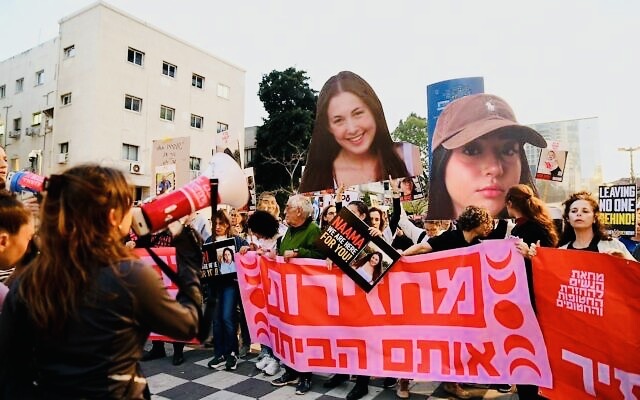
Within hours of that disaster and colossal intelligence failure, Israel declared war, triggering the fifth cross-border Gaza war in 15 years. Since then, Israel has rescued only three hostages and recovered the bodies of 12 hostages, including three killed by Israeli troops in a tragic error.
During a week-long ceasefire last November, 105 hostages were released by Hamas in exchange for a much larger number of Palestinian prisoners.
Prior to November, four hostages were freed by Hamas.
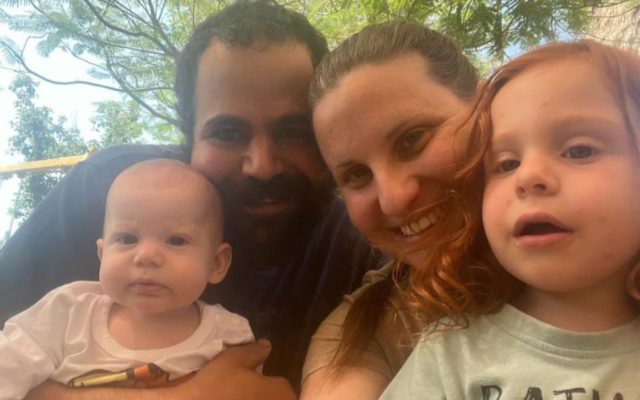
Israel believes that upwards of 136 hostages are currently in captivity, ranging in age from toddlers to seniors. Of these, 36 are confirmed to have died or been killed, including Shiri Bibas and her two young sons, Ariel and Kfir. In one of the most graphic and terrifying images from October 7, she was filmed clutching her children as terrorists forced them into captivity.
Israeli government ministers ranging from Defence Minister Yoav Gallant to Foreign Minister Israel Katz have said they are ready to pay “price” for the release of the hostages. But hostage talks in Cairo and Doha have floundered mainly because of Hamas intransigence.
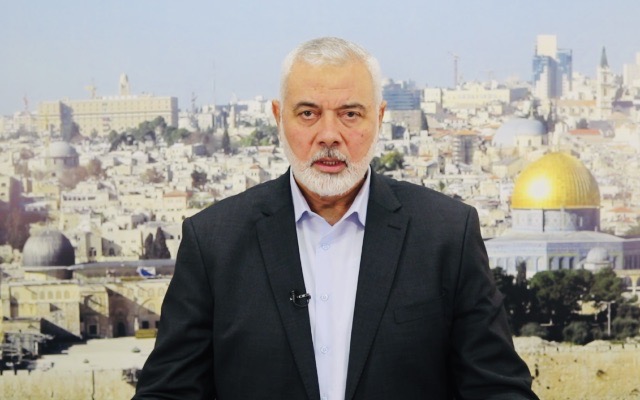
One of its leaders, Ismail Haniyeh, said recently that Hamas will not retreat from any of its conditions to facilitate a breakthrough. He clung to this position even after an Israeli drone strike on April 11 killed three of his sons and their children. Haniyeh said that Israel is “delusional if it thinks that by killing my children, we will change our positions” in negotiations.
Haniyeh’s conditions are virtually impossible for Israel to fulfill. Earlier this month he said, “We are committed to our demands: a permanent ceasefire, a comprehensive and complete withdrawal of the enemy from the Gaza Strip, the return of all displaced people to their homes, allowing all aid needed for our people in Gaza, rebuilding Gaza, lifting the blockade, and achieving an honorable prisoner exchange.”
Prime Minister Benjamin Netanyahu has dismissed these demands as “delusional” on the grounds that they contravene Israel’s fundamental interests.
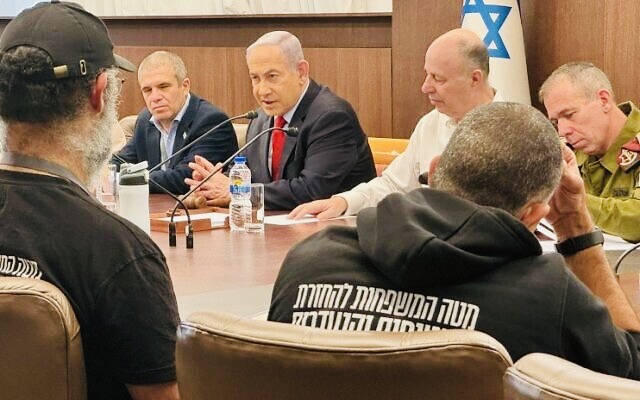
Israel will agree only to a temporary pause of four to six weeks. Israel will not withdraw from all of Gaza, insisting it needs security control over parts of it. Israel, under pressure from the United States, has loosened restrictions on the quantity of humanitarian aid allowed into Gaza. But Israel, at this juncture at least, opposes the wholesale return of civilians to their homes in northern Gaza, many of which have been destroyed. Nor is Israel prepared to end its land and sea blockade of Gaza.
Egyptian officials have spoken about the potential for a deal, while Katz has said that negotiations are at a “critical point.”
Under a U.S. proposal submitted two weeks ago, Israel would release 900 Palestinian prisoners, including those convicted of murder, in exchange for 40 hostages. In addition, Israel would partially withdraw from Gaza and Palestinians would return to their homes in the north.
On April 13, Hamas categorically rejected the U.S. plan, saying it is sticking to its original demands, which Israel regards as non-starters.
A day later, Hamas reportedly presented mediators with a proposal that is far more demanding than the U.S. proposal. Under its terms, Israel would be required to call an end to the war in the first phase of a three-stage process lasting 18 weeks. Hostages would be freed only during the second and third phases in exchange for large numbers of Palestinian prisoners. Displaced Palestinians would be permitted to return to northern Gaza, and the Israeli army would withdraw from all of Gaza’s urban centers.
Israel has not replied to the latest Hamas proposal, but it is a foregone conclusion that it will be dismissed as unrealistic and unacceptable.
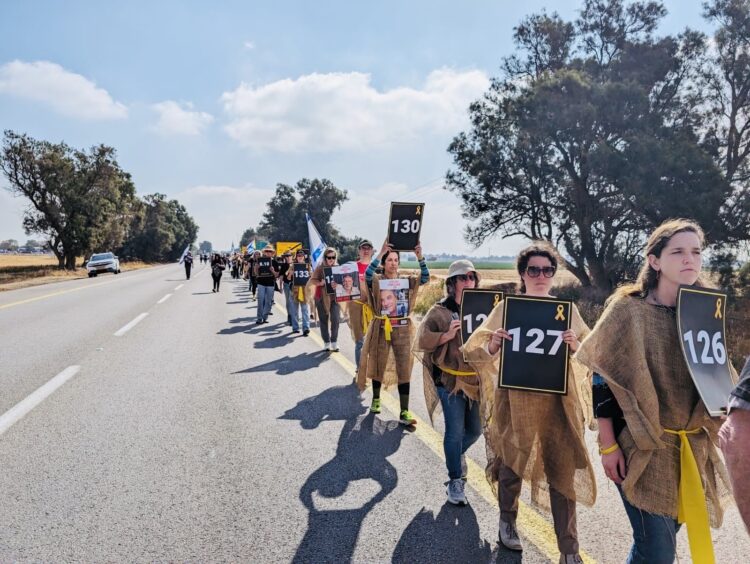
The United States has accused Hamas of blocking a temporary ceasefire in Gaza and praised Israel for its constructive proposals to move the ongoing hostage talks forward. “There’s a deal on the table that would achieve much of what Hamas claims it wants to achieve, and they have not taken that deal,” U.S. State Department spokesman Matthew Miller said on April 15.
In the face of the hostage impasse, Israelis have taken to the streets in protests around the country demanding a deal for the release of the hostages and new elections, all the while accusing Netanyahu of downplaying the importance of the hostage issue.
According to two members of Israel’s negotiating team, Netanyahu appears indifferent to the hostages’ fate and has undermined efforts to reach an agreement with Hamas. The negotiators spoke anonymously with Ilana Dayan, the host of Channel 12’s investigative show Uvda. Dayan said they came forward to publicize their claim that the Israeli government is not doing enough to save the hostages.
Their captivity has aroused sadness, indignation and anger. Last Saturday, just hours before Iran fired a barrage of drones and missiles at Israel in retaliation for its strike on the Iranian consulate in Damascus on April 1, tens of thousands of Israelis protested in Jerusalem, Tel Aviv and other cities.
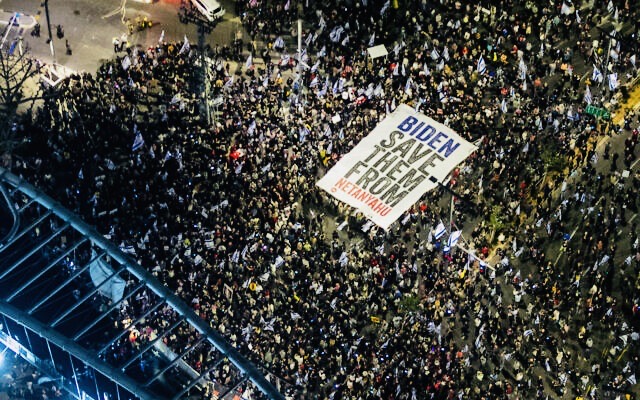
These demonstrations will continue to roil Israel. But it is increasingly clear that the hostages, should they still be alive, will not be released until a ceasefire kicks in to end the war in Gaza.
In the meantime, the hostage issue burns brightly in Israel, tormenting the relatives and friends of the hostages and prolonging Israel’s agony.
